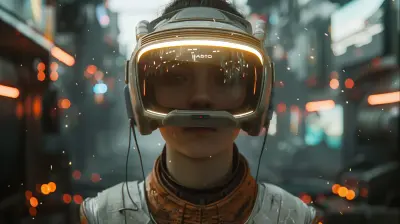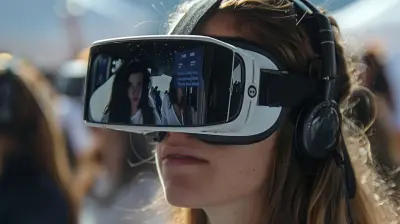Crossword and Word Games That Boost Your Brainpower
1 August 2025
Hey there, word wizards and puzzle lovers! Ever found yourself glued to a crossword puzzle or hunched over your phone playing your tenth round of Wordscapes before realizing hours have flown by? Well, guess what? That mental workout isn’t just fun—it’s actually doing wonders for your brain.
Yep, you read that right. Crossword and word games aren’t just amusing distractions. They’re secret brain gyms dressed up in letters and clues. So grab your pen or pull out your smartphone—we’re diving headfirst into how these mind-bending games can supercharge your brainpower!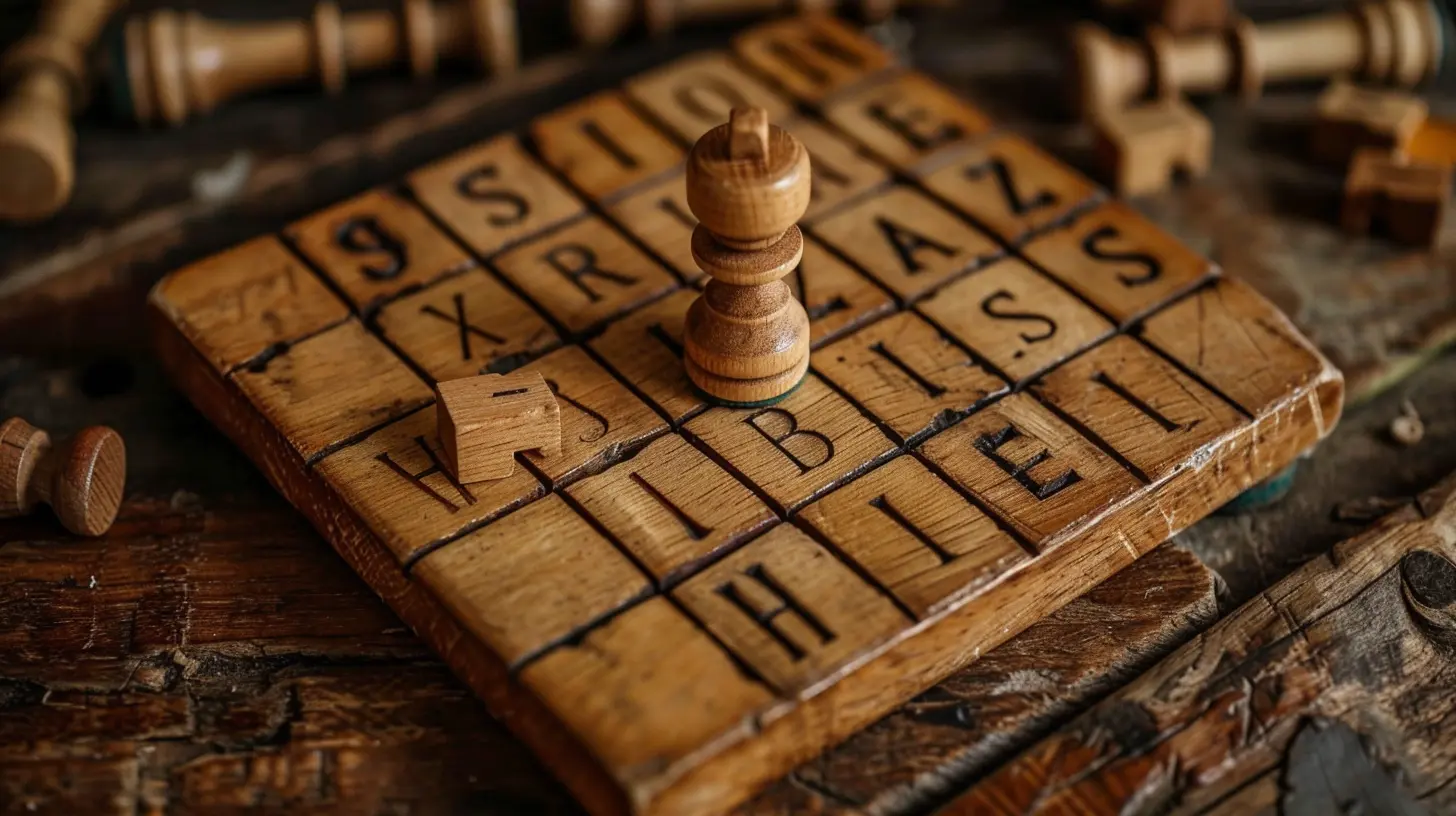
Why Word Games Are the Ultimate Brain Boosters
Let’s face it, most of us want to stay sharp, right? Whether it's remembering names, solving problems quicker, or finding the right words in a conversation, your brain deserves some TLC. And word games? They're like protein shakes for your grey matter.Mental Gymnastics You Actually Enjoy
Unlike boring drills or memory exercises, crossword and word games sneak in the brain training. They force you to recall vocabulary, make connections, and think critically—all while keeping it fun. Think of them as Sudoku’s sassy cousin with a knack for language.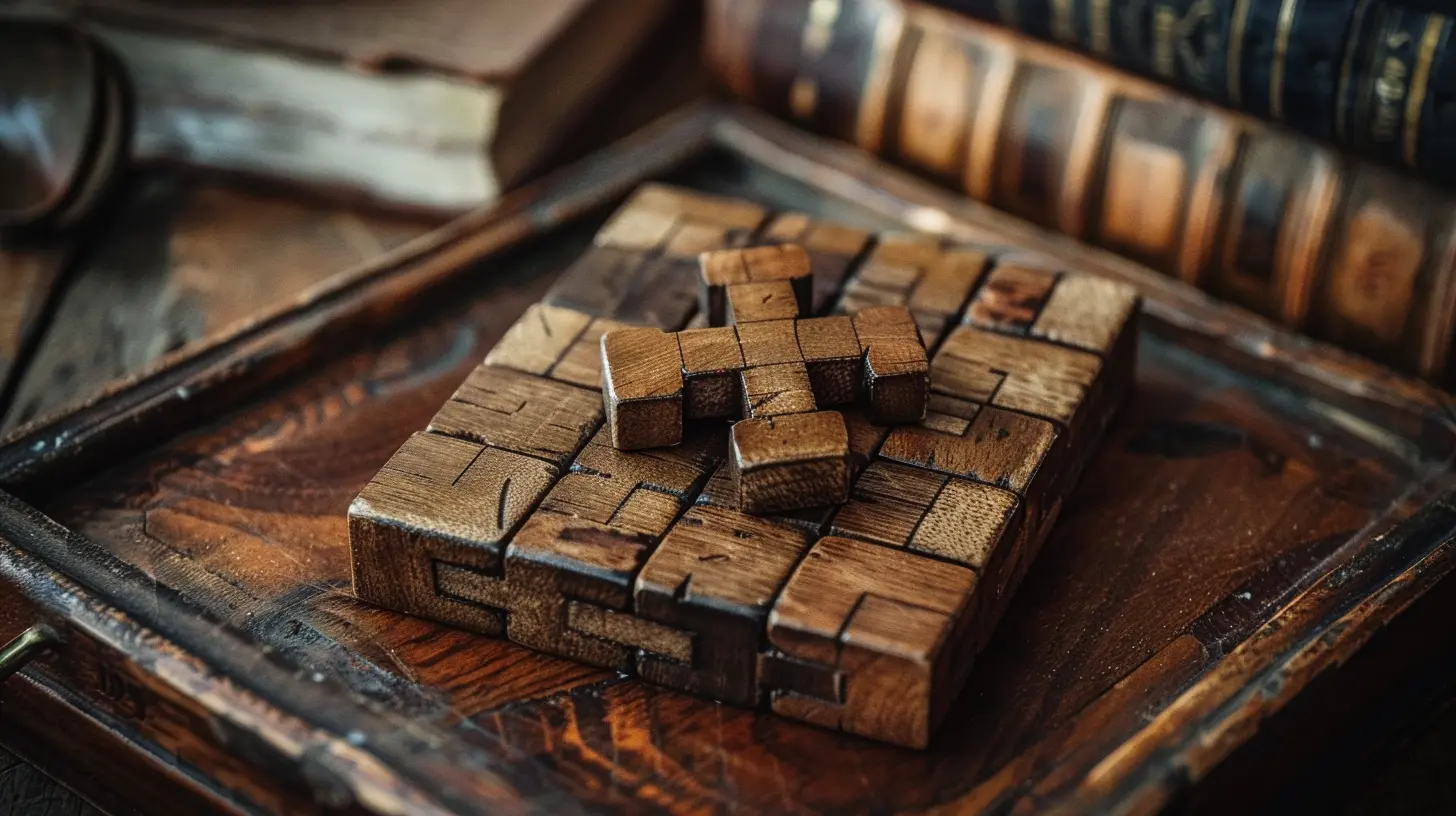
The Mighty Crossword Puzzle
Ah, the classic. Crosswords have been around since 1913 (yep, over a century of clue-cracking), and they’re still going strong. But they’re more than just a Sunday morning ritual for your grandparents.1. Vocabulary Expansion
Struggling to find the right word in conversation? Crosswords help build a rich vocabulary. You’re constantly learning new terms, synonyms, and even cultural references.Ever had to Google "esoteric" after a puzzle? Congrats—you just leveled up your lexicon!
2. Pattern Recognition
Crosswords train your brain to recognize patterns and link clues logically. These skills carry over to real-life tasks like fixing a computer bug or figuring out why your remote suddenly stopped working.3. Memory Stimulation
Every time you rack your brain for a five-letter word that means "ocean breeze," you're tapping into memory reserves. It’s like a recall drill, keeping those neural pathways fresh and nimble.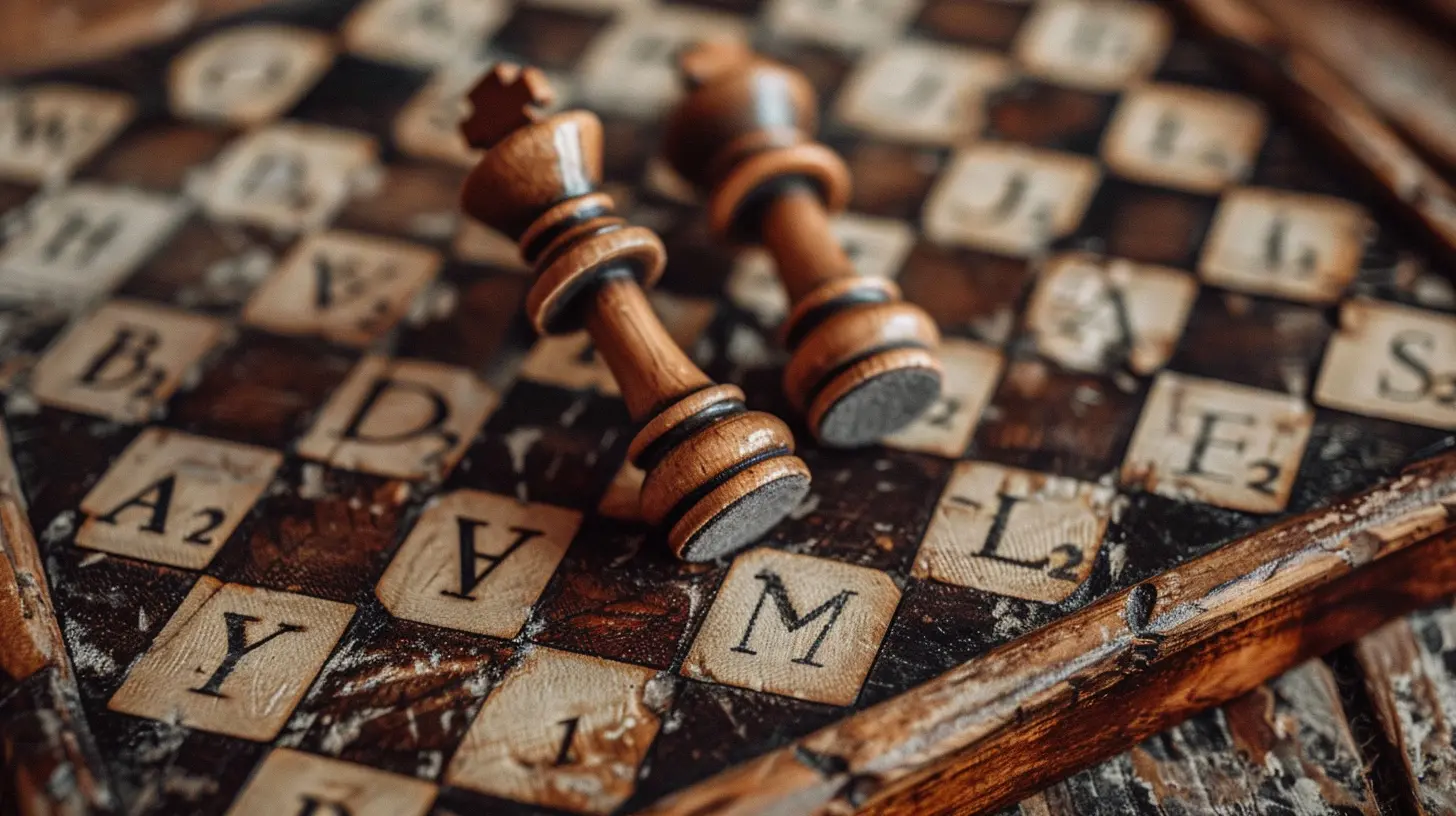
Word Search: The Gateway Puzzle
Don’t underestimate word search games. They might look simple, but they pack a powerful punch.1. Focus and Concentration
There's something meditative about scanning a grid for hidden words, isn’t there? It forces your mind to filter distractions and hone in on targets—great practice for improving focus in your daily life.2. Visual Scanning Skills
Ever notice how your eyes dart across the puzzle like a hawk? Word search games improve visual tracking, which can enhance reading speed and accuracy.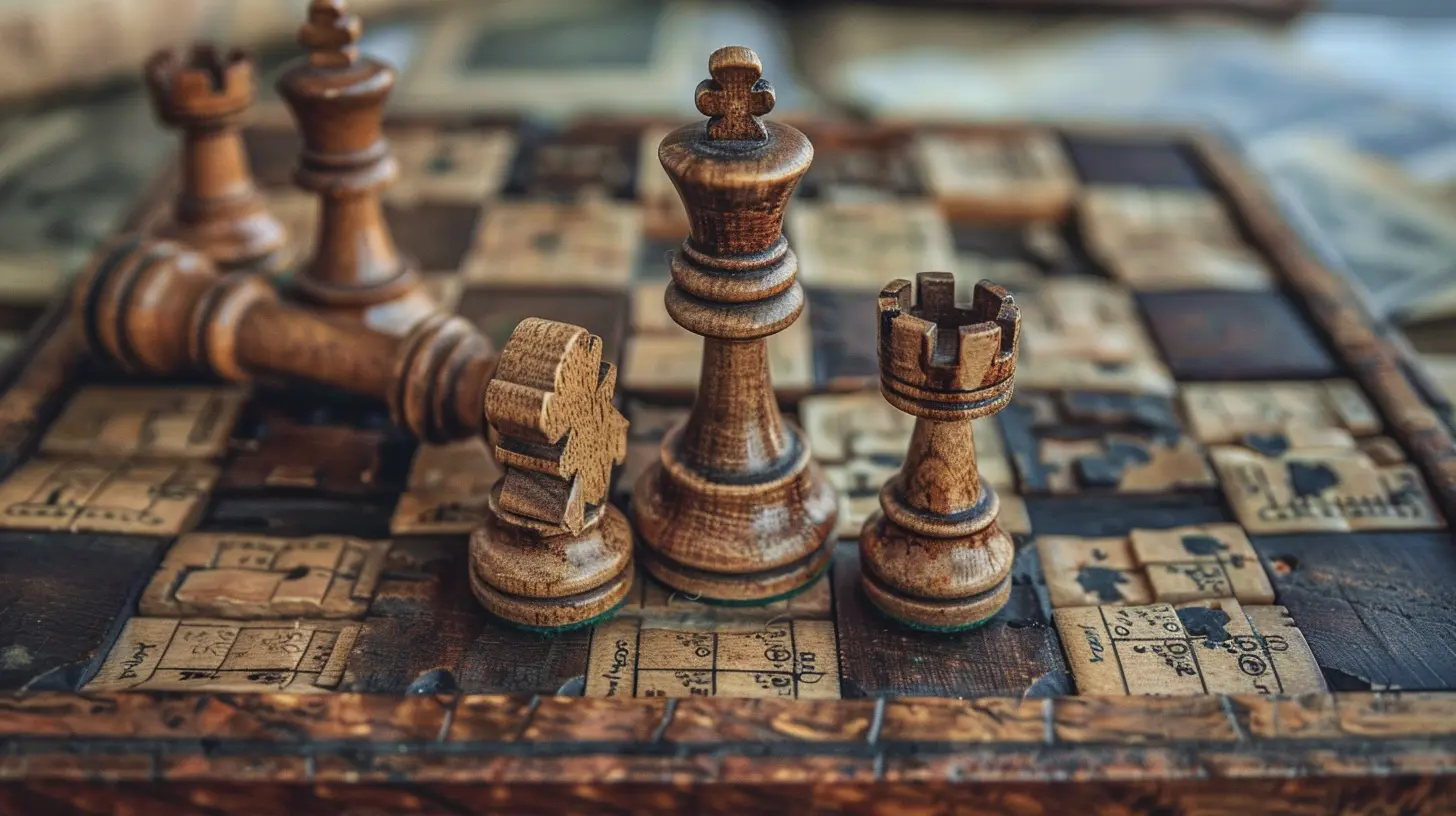
Scrabble and Word Tiles: Where Strategy Meets Spell-Check
Scrabble isn’t just a battle of vocabulary; it's a test of creativity, resourcefulness, and sometimes bluffing skills (anyone else tried to pass off “Qat” as a word?).1. Critical Thinking & Decision Making
You’ve got seven tiles and a triple-word score staring you down—what do you play? This game forces you to think ahead, strategize, and make the best move under pressure.2. Enhancing Spelling and Grammar
Let’s be honest, autocorrect has made us a bit lazy. Playing word tile games forces you back to basics—how do you actually spell “rhythm” again?Anagram Games & Brain Teasers
These are your fast-paced, brain-bouncing games—perfect for quick mental sprints.1. Mental Agility
Solving anagrams is like doing parkour with your thoughts. It keeps your mind flexible, quick, and alert—perfect for those moments when you need to think on your feet.2. Lateral Thinking
The answer isn’t always obvious, and that’s the charm. You’re forced to look at things from a new angle, a skill that comes in handy in everything from problem-solving to creative writing.The Science Behind the Fun
Okay, so you’re having fun and feeling smarter—but what does science say?Cognitive Benefits Galore
Studies show that people who regularly engage in word games show improved cognitive function. This includes better memory, enhanced processing speed, and even a delayed onset of dementia-related symptoms.Neuroplasticity in Action
Word games challenge the brain in ways that promote neuroplasticity—the ability of the brain to reorganize itself by forming new neural connections. In simple terms? You're rewiring your brain for success every time you play.Digital Word Games: Brainpower in Your Pocket
Thanks to smartphones, you’ve got access to thousands of word games 24/7. Whether you’re waiting at the dentist or in line at the grocery store, there’s always a moment for a mind workout.Top Picks to Try:
- Wordscapes – Perfect blend of crossword and word search with beautiful scenery as a bonus.- Words With Friends – Like Scrabble, but with endless online opponents.
- 7 Little Words – Short clues, small puzzles, big brain gains.
- SpellTower – Combines the thrill of Tetris with the challenge of word puzzles.
Making It Social: Brain Games With Friends & Family
Word games aren’t just solo endeavours. They’re awesome for social bonding too.Quality Time With a Purpose
Next time you sit down with family or friends, try a quick game of Bananagrams or a crossword race. You’ll laugh, compete, and boost your brains together. Quality time + cognitive benefits = total win.Friendly Competition Sparks Growth
Let’s be real—nothing gets your brain in gear like a little friendly trash talk. Trying to outsmart your buddy in a word game? That adrenaline push actually sharpens your focus and speeds up decision-making.Creating a Crossword Habit
So how do you go from occasional dabbler to full-blown word game champion?1. Start Small
Pick up a short daily crossword. No pressure to finish—just aim to get better over time. You’ll be amazed how much easier they get with practice.2. Set a Word Game Time
Maybe it’s ten minutes with your coffee or a quick game before bed. Make it a part of your routine and your brain will thank you.3. Challenge Yourself
Once basic puzzles feel easy, level up. Try tougher versions, set time goals, or switch to games that test different skills.Real-Life Benefits of Your Word Game Habit
Here’s the exciting part—this habit pays off big time in real life.Better Communication
You’ll find words more easily and express yourself more clearly, whether you’re writing emails or making a point in meetings.Increased Confidence
With sharper memory and boosted cognitive skills, you’ll feel more confident navigating conversations, tackling problems, or trying new things.Stress Reduction
Let’s not forget the zen zone you enter while playing. Focused, calming, and satisfying—like yoga for your neurons.Final Thoughts
So the next time someone catches you deep in a crossword or flinging around letters in a word game, tell them you’re not wasting time—you’re training your brain for greatness.Crossword and word games are more than just entertainment. They’re enriching, empowering, and effective tools to stay mentally sharp in a fun, engaging way. And the best part? They're accessible to everyone, anywhere.
So go ahead—solve that puzzle, play just one more round, and feel your brain flex with every word you find. You’ve got the power, letter by letter!
all images in this post were generated using AI tools
Category:
Casual GamingAuthor:

Francesca West
Discussion
rate this article
2 comments
Caelum McKnight
What a fantastic reminder of the joy and benefits of word games! Engaging our minds in such fun ways not only sharpens our thinking but also provides a wonderful respite from daily stresses. Thank you for highlighting these enriching activities!
February 7, 2026 at 4:30 AM
Rocket McQuillan
This article highlights the cognitive benefits of crossword and word games, showcasing how they enhance vocabulary, problem-solving skills, and memory. Engaging in these activities not only provides entertainment but also serves as a fun workout for the brain. Highly recommended!
August 10, 2025 at 3:44 PM

Francesca West
Thank you for your insightful comment! I’m glad you found the article valuable in highlighting the cognitive benefits of crossword and word games. Happy puzzling!

